Common Mistakes in Screenplay Writing
- பிப்ரவரி 11, 2023

Writing a screenplay for any kind of movie is an arduous task and many people who are new to the craft make mistakes. In this blog post, we will discuss some of the most common mistakes that novice screenwriters make when writing a screenplay for a movie.
One of the first and most important mistakes people make in writing a screenplay for movies is not creating a compelling and well-rounded story with solid characters. It’s easy to write about something that’s generic or uninteresting, but it’s far more difficult to create something unique and memorable. A story must be told in a way that engages the audience from beginning to end, and each character must have their own motivations and emotions that drive them throughout the narrative. Without strong characters and an interesting plot, your movie won’t be able to captivate audiences.
Another mistake that screenwriters often make is not understanding their audience. It’s important to know who your target demographic is so you can tailor your script accordingly. If you don’t understand what kind of people you are trying to reach out to, then you won’t be able to effectively communicate with them through your writing. Additionally, if you don’t know whom you are writing for, then it will be hard for you to determine what kind of language or tone should be used in order for your script to resonate with them.
A third mistake is often failing to build tension in scenes properly. Tension is paramount because it helps keep the audience engaged as well as conveys how direly important a development might be within the narrative. For example, if two characters are arguing about something important but there isn't much tension between them, then it can easily become boring or tedious for viewers instead of gripping or suspenseful like it could have been if proper tension was built up beforehand.
Fourthly, screenwriters sometimes neglect effective scene transitions which can lead their stories feeling disjointed or jumping around with no clear structure in sight. Scene transitions allow viewers to sense where they are in terms of time and location while also providing subtle ways of connecting one part of the story with another – allowing viewers an easier way of following along with each development until the very end.
Finally, many writers may also overlook production value when crafting their scripts – meaning they don't take into consideration how difficult certain stunts may be or how expensive certain props may cost when planning out scenes within their stories. Production value should always be taken into account since these points alone can play a major role in determining whether or not certain scenes actually get filmed at all due to potential budget constraints that might arise during pre-production stages later on down the line!
In conclusion, there are many mistakes that novice screenwriters make while attempting to create movies using only words – many related both directly and indirectly towards technicality as opposed purely creative elements such as structure or character development - but by understanding these ‘pitfalls’ beforehand they can easily avoid them altogether! With this knowledge now firmly under our belts we hope everyone reading this post adequately understands what kind of challenges they may face while attempting such an ambitious feat - giving them an edge over those unfamiliar with such matters!
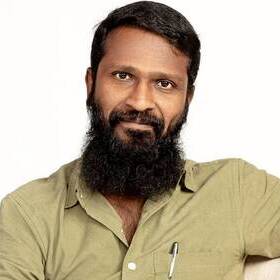
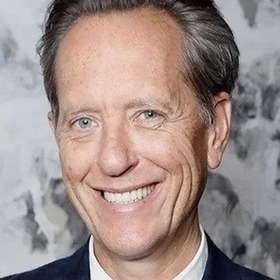

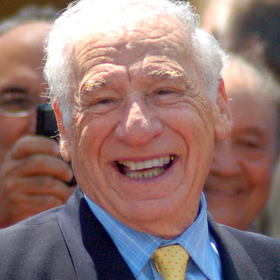
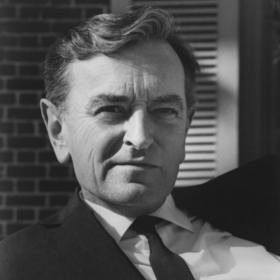

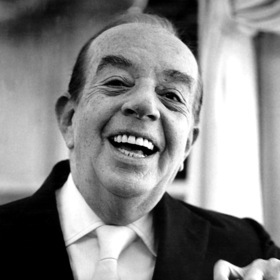
“It is the golden age of a screenwriter. In this era, if a script writer, has the content, potential and patience to sit and write, he will be rewarded”